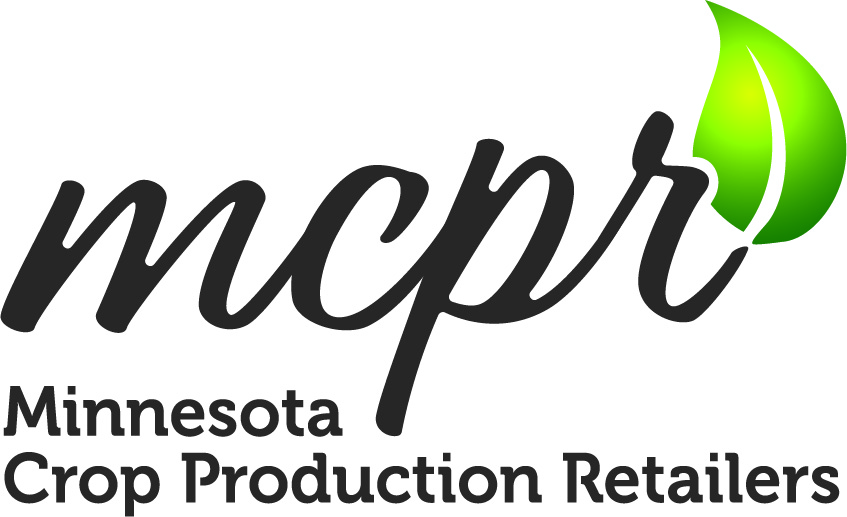INFO ON THIS PAGE PERTAINS ONLY TO 2018 AND WILL SOON BE UPDATED!
Dicamba Relabeling
If you have Engenia, Xtendimax or FeXapan product remaining in inventory from the 2017 season, you will be asked by the manufacturers of the product to relabel the containers with the new Restricted Use Pesticide labels. Please be sure that your facility is a registered USEPA Pesticide Producing Establishment if you plan to relabel any of your inventory.
If you do relabel, you must ensure that you apply the new label to each individual pesticide container, as well as the outside box that contains the individual jugs. Minibulks must also be relabeled if they will be sold or distributed, as well as bulk storage tanks. You must also record the amount (in gallons) that you relabel and it must be reported on your annual Pesticide Producing Establishment Report. If you affix the labels to the containers in 2017, it must be reported on your 2017 report that is due to USEPA on March 1, 2018. If you affix the labels after January 1, 2018, you must wait and report that amount on your 2018 report, which is not due until March 1, 2019.
If you have any uncertainty as to whether your facility can legally apply the labels to the containers, please call the number on the instructions provided to you by the registrant, and make other arrangements for the products to be relabeled by your distributor.
The Asmark Institute’s guidance on relabeling is to be careful. They point out the EPA considers relabeling of these products to be repackaging, and if performed at one of your facilities, it will need to be included on their 2017 Pesticide Production Report. Relabeling can only be performed legally at a facility that possesses an active EPA Establishment Number. Asmark Institute recommends you fully understand your responsibilities associated with relabeling before agreeing to perform the task. Please check out the guidance that The Asmark Institute (MCPR’s endorsed regulatory compliance organization) has provided for MCPR members who are clients by clicking HERE.
Clearing Up Questions on Dicamba Training
During the “Dicamba Update” special session added for you as part of the 2017 CPM Short Course and MCPR Trade Show, the MN Department of Ag announced their additional label requirements. CLICK HERE for details.
Subsequent to the Dicamba Update session, MCPR convened a meeting of engaged folks representing the chemical industry, U of MN extension, regulators and MCPR leaders to coordinate an effective and efficient method of providing training information and registration for an estimated 10,000 plus applicators (private and commercial) who must attend MDA approved dicamba training sessions prior to application of the products in 2018.
The result of intensive work over the holidays was the MCPR dicamba web site calendar in which folks can find details and register for this mandatory training. CLICK HERE to find details. Classes are being added as training is announced and scheduled throughout the state. In fielding calls about dicamba training, below are answers to some of the most common questions.
MCPR Retail Members may schedule training for customers and staff which is a private meeting which will not be listed on this public calendar except by request. Your local retailer dicamba training sessions can be entered on the MCPR event calendar by emailing MCPR EVP Jessi Brunelle at jessi@mcpr-cca.org.
1. Reciprocity. The MDA will recognize dicamba training that is based on material prepared by any of the three registrants (BASF, DowDupont, Monsanto). If this same training is provided in a neighboring state, and the MDA is notified by the registrants of the training in advance, MDA will recognize this training. The registrant will be responsible for notifying the MDA of each training and maintaining a database of attendees. The list of approved trainings can be found on the calendar HERE.
2. Who Needs Training? All applicators and operators must be trained. For example, a commercial applicator who has five operators reporting to them, but who does not run a sprayer themselves, still has to have the training, as do all of the operators who actually apply the product under the commercial applicator's supervision. In short, if you are recommending, supervising or applying dicamba to soybeans, you must have the training. This goes for private applicators (farmers) as well. The private applicator with the license must be trained, and so does anyone who is in the sprayer applying dicamba under that private applicator's instructions and supervision. There are no exemptions from training for family members who are applying the product for the private applicator.
3. Can Anyone Come to Training? Yes. Anyone who wants to understand the stewardship aspects of this technology should attend. This includes farmers who plant Xtend soybeans even if they are not private applicators. There is no charge for the training but we ask that you pre-register so that we can manage the size of the classes. We continue to add training classes to the schedule so check it regularly for a class near you.
